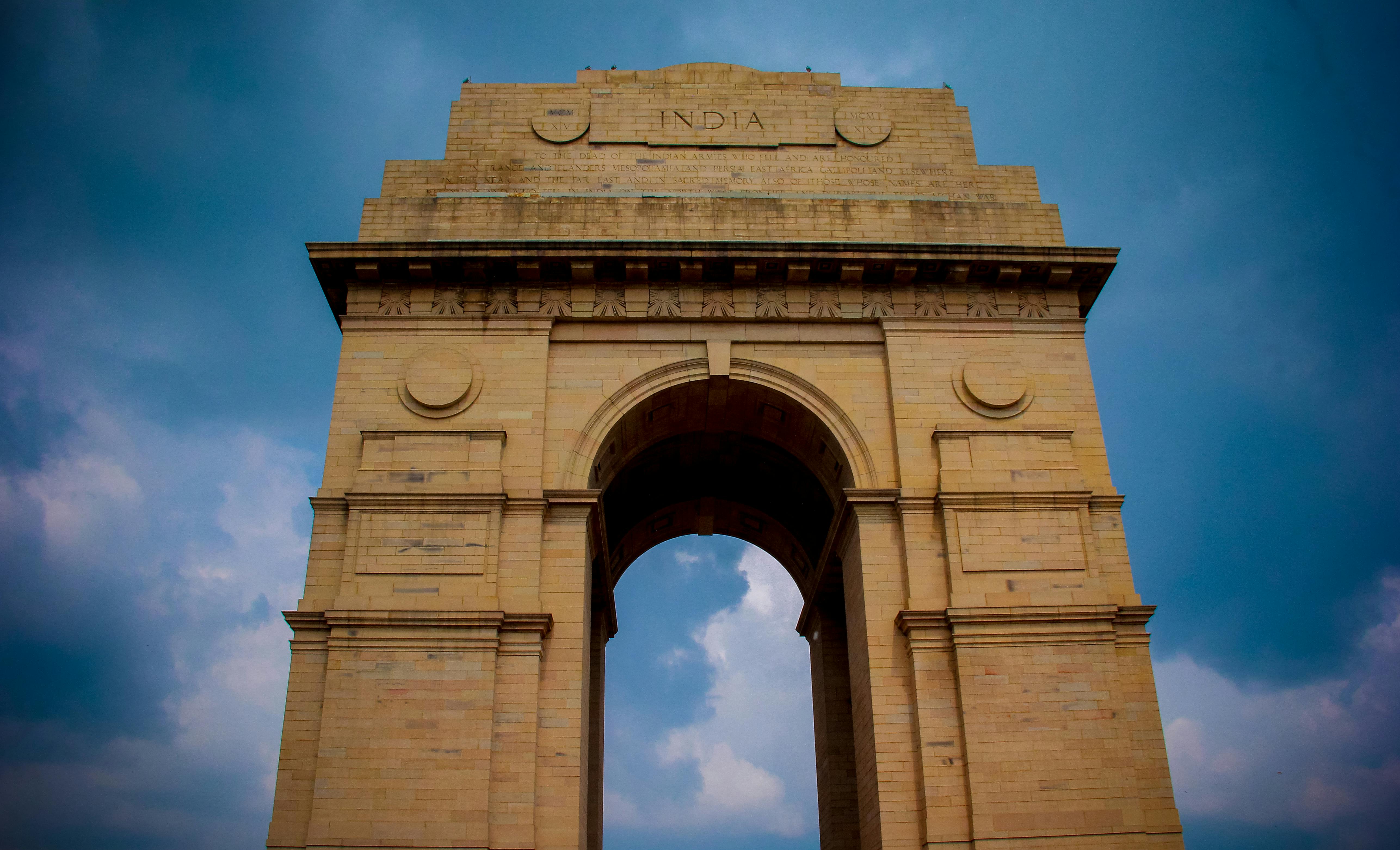
Introduction
The recent terrorist attack in Pahalgam has ignited a substantial debate regarding the influence of social media in the dissemination of harmful content. As a result, a parliamentary committee on Information Technology has raised significant concerns over the role of social media platforms in propagating anti-national posts. This committee is calling upon the Ministry of Electronics and Information Technology (MeitY) and the Ministry of Information and Broadcasting (MIB) to take decisive actions against platforms that fail to align with national interests. The implications of this request can affect the very framework of digital communication in India and engender a complex conversation about free speech versus national security.
Why Is the Committee Concerned?
In the aftermath of the Pahalgam attack, it was revealed that numerous social media posts and videos were circulating that not only glorified terrorism but also incited public unrest and propagated misinformation. The committee firmly believes that such divisive and dangerous content can harm national unity and lead to violence. The ramifications of unchecked social media behavior necessitate immediate intervention, sparking a discourse on the responsibilities of digital platforms in the contemporary socio-political landscape.
What Law Supports Their Demand?
The committee has underlined two critical pieces of legislation that empower the government to take necessary action:
- Information Technology Act, 2000 – This legislative framework equips the government with the authority to block online content that poses a threat to national security or public order.
- IT Rules, 2021 – These regulations make it obligatory for social media companies and digital news platforms to respond to harmful or unlawful content swiftly. Upon receiving alerts from authorities, these platforms must act promptly to remove inappropriate material.
What Did the Committee Ask For?
The IT committee has made several requests to MeitY and MIB aimed at curtailing the spread of anti-national content:
- Provide a comprehensive report detailing the actions currently being undertaken against such online posts.
- Consider implementing a ban on platforms that repeatedly allow anti-national content to be disseminated.
- Ensure rigorous monitoring and compliance procedures for social media intermediaries.
What Could Happen Next?
If the ministries choose to align with the committee’s recommendations, the future may hold several significant changes:
- Stricter regulatory measures could be imposed on major platforms such as Twitter, Facebook, and YouTube.
- There could be permanent or temporary bans instituted for platforms that disregard government takedown requests related to harmful content.
- A higher degree of government oversight and scrutiny regarding digital content across India may be enforced.
Public Reaction So Far:
The public’s response to these developments has been varied. There are proponents who emphasize that national security should take precedence over digital freedoms, arguing that stringent measures might be necessary to preserve public safety. Conversely, there are concerns among civil rights activists and many users who fear that such actions could infringe on freedom of speech and lead to increased censorship across digital platforms.
Conclusion
The ongoing dialogue surrounding national security and digital freedoms remains a pressing issue in India today. With the rising exploitation of social media platforms for the dissemination of anti-national content, the government is now confronted with the formidable challenge of striking a balance between upholding free speech and ensuring security. As we move forward, the response from MeitY and MIB to the committee’s demands will be crucial in determining the future landscape of digital communication and civil liberties in India.
